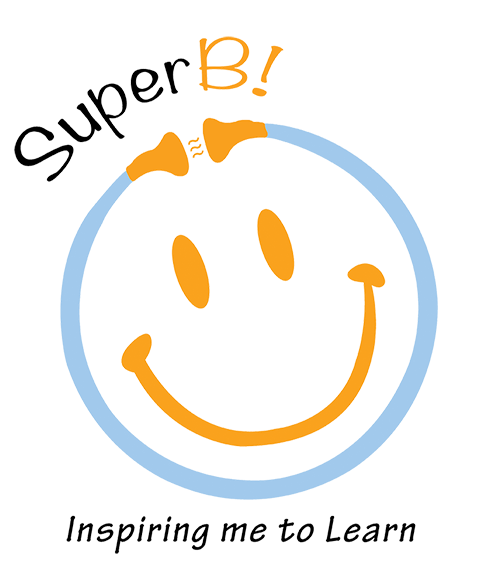Basic Assumptions About GENIUS In Learning
The word and idea of a ‘genius’ originated in ancient Rome. The Romans believed that all people had a guiding spirit that attended and helped them throughout their lives. Because this spirit was born with the person it was called a ‘genius’ (from the Latin verb gignere meaning ‘to give birth or bring forth’ – which also happens to be the root of our word ‘generate’).
A person’s ‘genius’ dictated their unique personality and disposition. So if a person had an outstanding talent or ability, it was believed that this was due to their ‘genius’. From here it was a natural step for the word ‘genius’ to be used not only of the spirit that inspired a talent but also of the talent itself.
7 Basic Assumptions about GENIUS in LEARNING:
1. Your child is born a GENIUS.
- Every child is born with a combination of variety of Intelligence as proposed by Howard Gardner in his theory of Multiple Intelligence.
- Our life experiences, social and culture conditions, learning process will determine how fast and slow this GENIUS is developed.
2. GENIUS is UNIQUE phenomena
- There are many different ways and perspectives on how a person sees and understands the world around him.
- And that includes your child as well.
3. SELF-CONCEPT is directly proportional to the POTENTIAL your child develops
- The better your child’s self-concept, the better your child in maximizing his/her potential
4. High IQ is very helpful in your child’s academic score BUT it’s NOT the main and the only factor.
- Lower IQ (in a positive connotation) is NOT a sure guarantee to failure.
5. PARENTS, Educators have GREAT INFLUENCE in increasing a child’s intelligence.
- The expectations that you project towards your child’s learning success is one of the major key influences in developing his/her potential genius.
6. Genius develops in PHASES
- This development can be categorized into 4 phases; namely:
- Stimulation
- Enhancement / Re-Strengthening
- Learn and Understand
- Transfer of Knowledge
7. The art of THINKING can be TAUGHT and can be LEARNT
- Metacognition or we understand with the Art of Thinking will includes how your child learns, right techniques of asking, etc.
Hence, before any kind of trainings or stimulations given to our children, we must first have the RIGHT assumptions and perceptions about learning that we may impose towards our children.
START your child’s learning journey RIGHT!!




